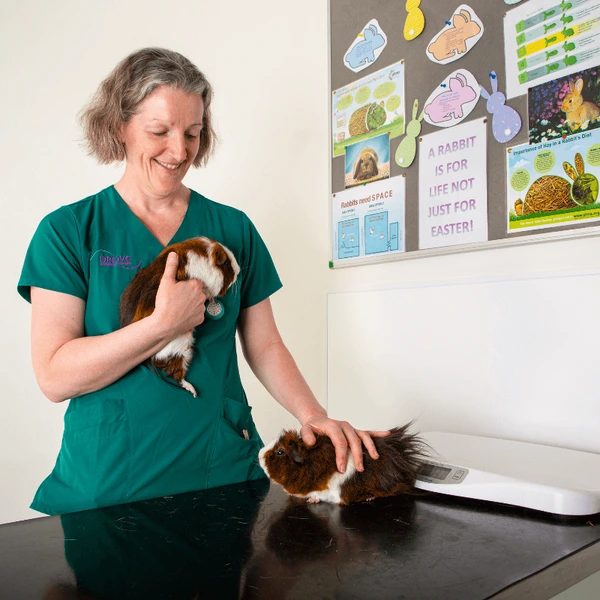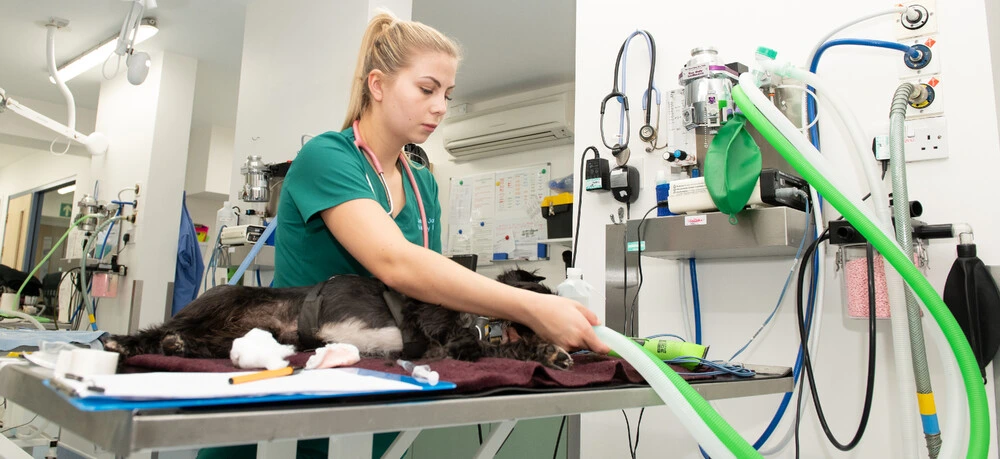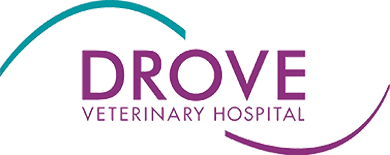What is it like to be a veterinary nurse?
Veterinary nurses have very varied roles and are crucial to successful veterinary practices.
Different nurses will have different skill sets and responsibilities, but generally the role involves supporting vets during surgeries and procedures, caring for hospitalised patients, supporting clients, running nurse consultations and keeping the facilities and equipment clean and in good order.
Veterinary nursing can be a demanding career, especially if a role involves out of hours and emergency care, but the job is also very rewarding. Many nurses build strong bonds with patients and clients and take a lead role in nursing pets back to full health.
It’s also a very skilled role, with nurses increasingly taking on technical responsibility in areas such as anaesthetics, and delivering consults for weight loss, senior care and many more services.

Veterinary nursing training typically follows one of two pathways: vocational training or higher education.
Both require an accredited qualification from the Royal College of Veterinary Surgeons (RCVS), which includes practical training at an approved practice, and ends with passing as a Registered Veterinary Nurse (RVN).
Gaining work experience is crucial for securing a place on a course and determining suitability for the role. Many practices employ animal care assistants and support student nurses, while experience in kennels, rehoming centres, or farms can also be beneficial.
The RCVS and PDSA have further information on the steps you need to take to become a veterinary nurse.
In small animal veterinary practices, nurses care for pets and companion animals. That means they’re mostly seeing cats and dogs, with smaller numbers of rabbits, rodents, birds, reptiles and other exotic pets.
Nurses can choose to work in an equine practice caring for horses, ponies and donkeys, or a mixed practice where small animal and equine work is complemented with farm animals too.
Practices often partner with local wildlife charities to help care for injured deer, wild birds and other animals, too.
Veterinary nurses are well trained in animal handling and will receive training and guidance specific to the area that they choose to pursue.
Join us
We value career growth, flexible work and a great team spirit. If you’re looking for a friendly, forward-thinking workplace that supports your development—we’d love to hear from you!

